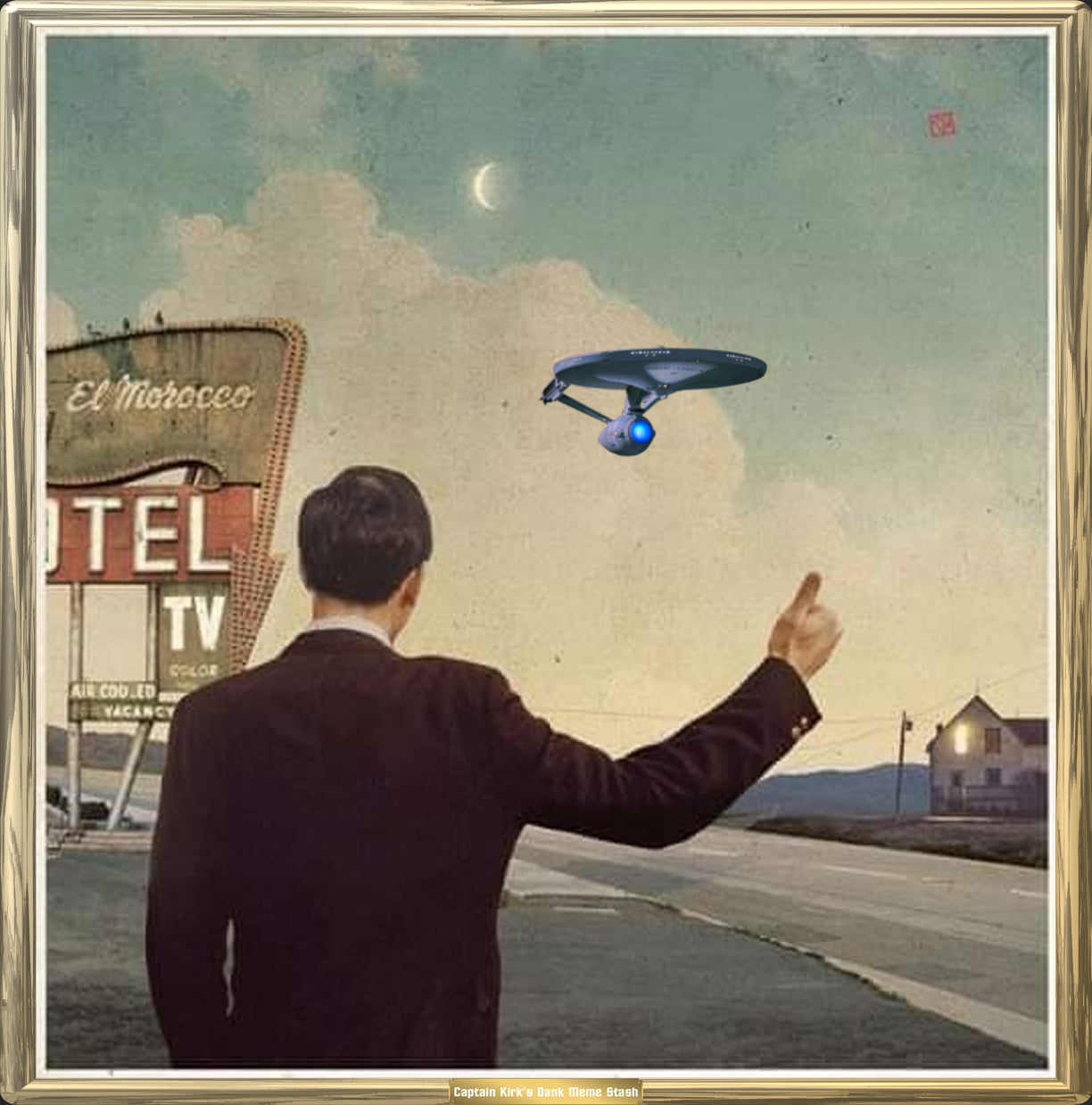When I view the world, I view systems, in motion, with rhythms that dance with other systems, dancing within other systems, just… maybe humming when things are working right. There’s always something out of balance, and a light touch is enough to change it when it’s caught early enough.
Where so many are attracted to the explosions, the failures of systems, I am attuned to the efficiency of systems – the purr of a well tuned engine, the multi-threading of a real time system, a well orchestrated bit of music, and nature that sustains itself.
It’s the rare person that doesn’t like to see green around them in some shape and form for as far as the eye can see, or the ocean through the experience of a sailboat – not without that man made sound, but that wind being harnessed, ruined only by the shouts of coordination. There’s an indescribable pull to these things.
It is the same pull I feel when I watch a machine do precisely what it was designed to do, no more and no less. Not with violence, but with grace. A quiet sorting algorithm moving through millions of decisions without hesitation. A beam balanced perfectly across tension points. The kind of elegance that does not announce itself but is undeniable when you witness it. These things remind me that perfection is not loud. It does not need to be.
It shouldn’t have to be.
And yet, we seem drawn to the noise. Drawn to the spectacle of failure, to the sparks flying off misaligned gears. We watch systems crash and call it entertainment. We turn dysfunction into a kind of art. Somewhere along the line, it became more interesting to watch a thing break than to understand why it ever worked at all. Simplicity and balance are dismissed as boring, even as they quietly keep the world from falling apart.
But I cannot look away from balance. I cannot ignore the beauty of something that hums just under the surface of awareness. The kind of beauty you only notice when you stop needing to be entertained and start needing to understand. And once you see it, really see it, you start to wonder why we spend so much time chasing chaos, when the world is full of things quietly getting it right.
I see it less and less now, that beauty. It is not me, of that I am sure, for I have looked at myself through lenses of skepticism that dismantled my countenance into biases and reasons for biases and… so on, deep into the abyss where, oddly, the only thing you lose is time.
But that the orchestra of the world around me has changed. I understood the rhythms, the changes in the rhythms. Now it’s that I see systems failing, I see things failing, because we have built with technology that which the people controlling it only understand to break, to profit from the distraction, to accumulate so much that they themselves couldn’t spend if they tried.
From forests of data meeting the technological chainsaws to forests meeting the real ones, we seem so out of balance from when I started noticing. When I started trying to understand instead of being entertained.
And so, when they ask me if I will have the surgery, I hear it as another question entirely. Not about survival, but about whether I believe this system – this world we have built -is still one worth extending time within. Whether more heartbeats should be purchased for the sole purpose of watching the same predictable failures repeat on loop. The thought of living longer just to witness more of it, that endless stream of systems breaking under the weight of their own contradictions, feels less like a gift and more like a sentence.
But then I wonder if it is precisely because I see it failing that I should stay. Not to mend the whole, no, that is beyond any one person. But to tune what little corners I can still reach. To teach those still willing to listen that not every machine needs to grind itself into dust. That there is still music beneath the static if you know where to listen. Maybe the work is not to outlive the collapse, but to place one stone of balance amid the wreckage before I go.
It’s not looking good. It seems everyone is intent on making the fire bigger, the system more out of tune, in creating as much discord as they can.
So I make my decision the only way I know how. Not by asking how much time the surgery will buy me, but by asking what systems I might still steady with whatever time remains, and whether those systems are enough to regain some balance. And if the answer is yes, I suppose that is reason enough to let the heart keep its rhythm a little longer. Quietly, without announcement. Simply doing what it was designed to do.
Meanwhile, I’m counting vultures and toasting marshmallows.









